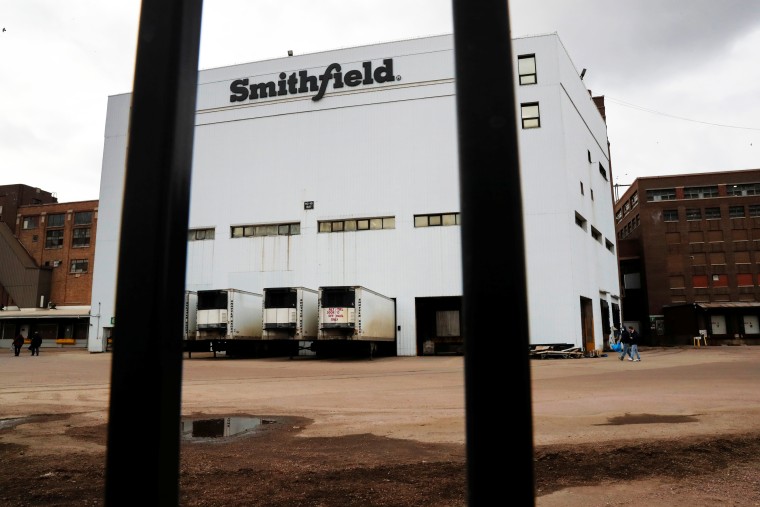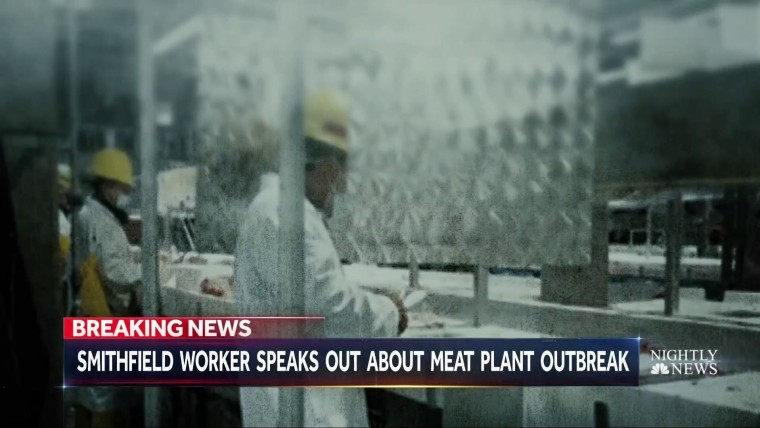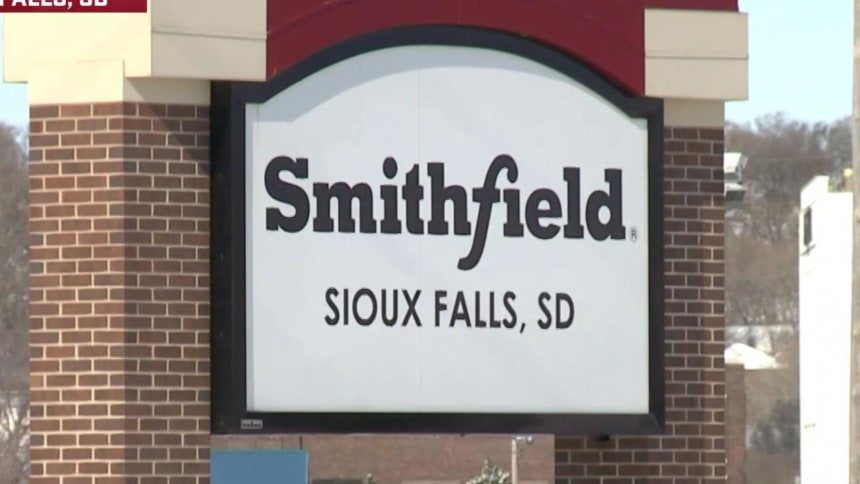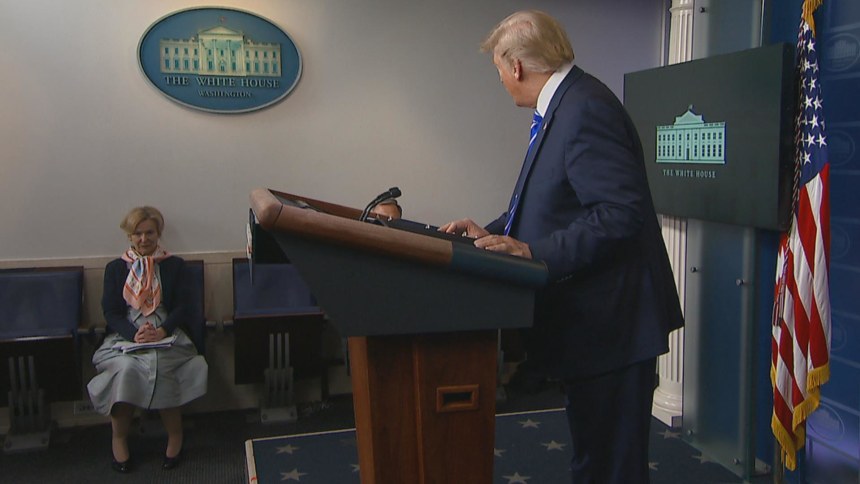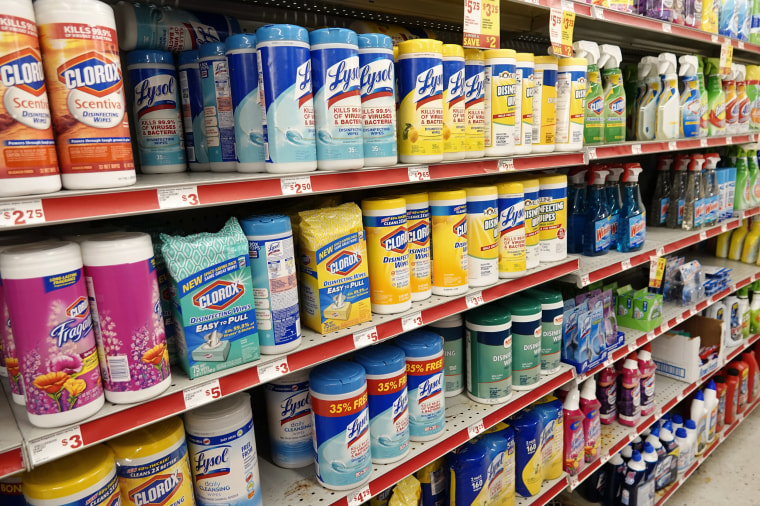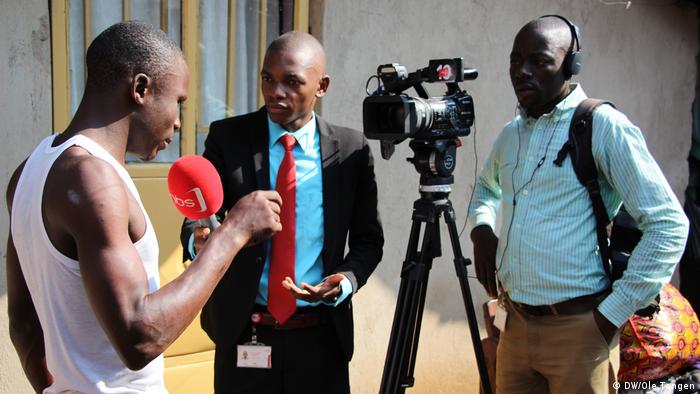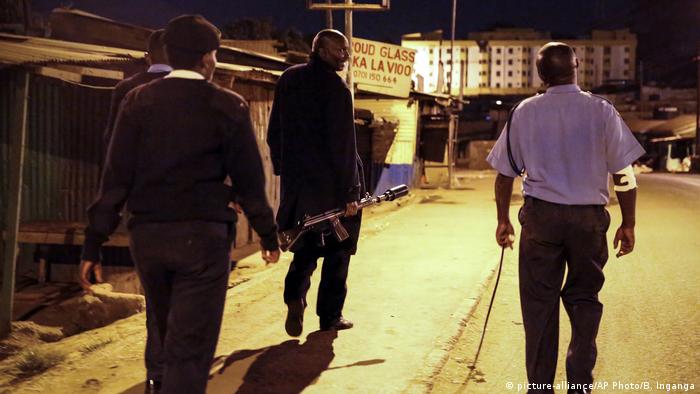The rally was organized through an all-day livestream broadcast on YouTube and Facebook Live.
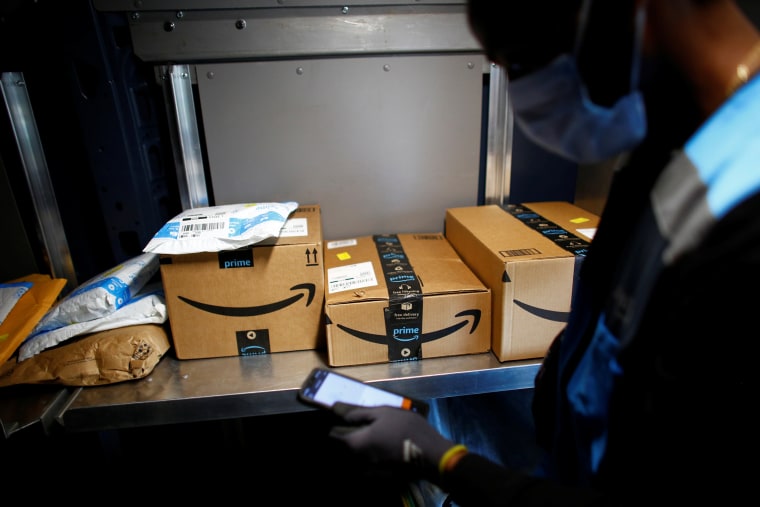
An Amazon worker delivers packages amid the coronavirus outbreak
in Denver on April 22, 2020.Kevin Mohatt / Reuters
April 24, 2020, By April Glaser
Hundreds of Amazon tech and fulfillment center employees called out sick Friday, rallying together — virtually — to protest what they say are unsafe and unethical working conditions for the more than 800,000 people the company employs in its network of fulfillment centers around the world,as the highly contagious coronavirus continues to spread.
The "sick out" was organized through an all-day livestream broadcast on YouTube and Facebook Live. The event kicked off with speeches from recently fired Amazon workers, followed by two Amazon warehouse workers in Poland who said their working conditions have also been unsafe during the global pandemic. The writers and activists Bill McKibbon and Naomi Klein joined the event.
Friday’s protest was spearheaded by Amazon Employees for Climate Justice, a group of Amazon tech workers formed in 2018 to pressure their employer to commit to reducing its fossil fuel emissions. For the “sick-out,” Amazon Employees for Climate Justice asked tech workers at the company to take a day off to signal their support for warehouse workers.
The protest adds to growing unrest among some of the company's front-line workers as well as scrutiny from labor activists and Democratic politicians who have called on Amazon to change its policies.
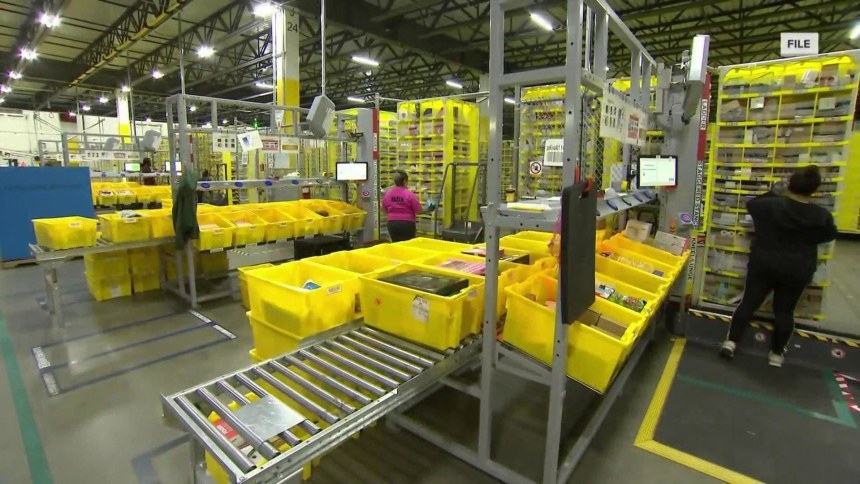
VIDEO Amazon workers plan to protest lack of coronavirus protections APRIL 21, 2020
“There are departments and spots where you can’t keep the two meters social distance,” one of the Amazon warehouse workers from Poland said during the online rally. She stressed that it’s taking Amazon days to inform workers if there was a positive case in their facility and employees are afraid to come into the work because they’re unsure if it’s safe.
As part of the action, warehouse and tech workers at Amazon issued a list of demands, including reinstating workers who were fired based on selective enforcement policies; providing more information on infections at warehouses; and making the increase in hourly rates for warehouse workers and paid sick days permanent after the pandemic is over.
A spokesperson for Amazon said that the company does not inform workers of the total number of confirmed coronavirus cases in fulfillment centers. But it says it does alert workers immediately by word of mouth, calls and texts if an employee has tested positive.
“The fact is that today all but a handful of our 800,000+ employees around the world came to work as usual to continue delivering on behalf of customers,” Amazon said in a statement, calling employees “heroes” for continuing to pack and ship orders during the pandemic.
Scores of Amazon warehouse workers have tested positive for COVID-19, the disease caused by the coronavirus. The company has continued to keep warehouses open after employees tested positive. Two warehouse workers told NBC News last month that when positive cases have been confirmed at their jobsite, they were only alerted upon showing up to work.
Two leaders from Amazon Employees for Climate Justice, Emily Cunningham and Maren Costa, were fired from Amazon this month after publicly criticizing the company for not keeping warehouse employees safe during the pandemic.
Recommended
“We terminated these employees for repeatedly violating internal policies,” an Amazon spokesperson said in an email.
Two warehouse workers — Bashir Mohamed in Minnesota and Christopher Smalls in New York — were also fired this month after raising alarms among fellow employees about unsafe working conditions during the global health crisis.
Amazon said Smalls and Mohamed were fired for violating social distancing guidelines. Mohamed was also cited for using inappropriate language.
Smalls organized a work stoppage outside the facility where he worked in Staten Island, New York, after learning there was a positive case of the coronavirus there. Amazon failed to alert workers at the fulfillment center, Smalls wrote in an op-ed in The Guardian, and he says that moved him to organize co-workers to demand for hazard pay and better protective gear.
Since the pandemic, Amazon’s fulfillment center workers have been going to work as the majority of Americans have stayed at home under statewide shelter-in-place orders, with many relying on internet shopping for basic goods. But employees have still been contracting the infectious disease, despite measures by the company to keep them safe, like maintaining social distancing, wearing masks and raising pay by $2 an hour.
The company is also providing unlimited unpaid time off for employees who want to keep their job but who fear coming to work during the pandemic. The company is providing two weeks of paid time off for people who test positive for COVID-19.
The company will eliminate its option for unlimited unpaid time off at the end of April, but will remain flexible to accommodate workers in case of COVID-19-related needs, an Amazon spokesperson said in an email.

April Glaser is a reporter on the tech investigations team for NBC News in San Francisco.
Ezra Kaplan contributed.

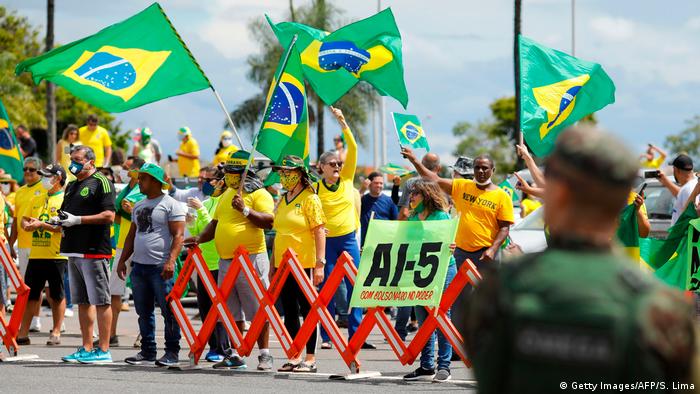


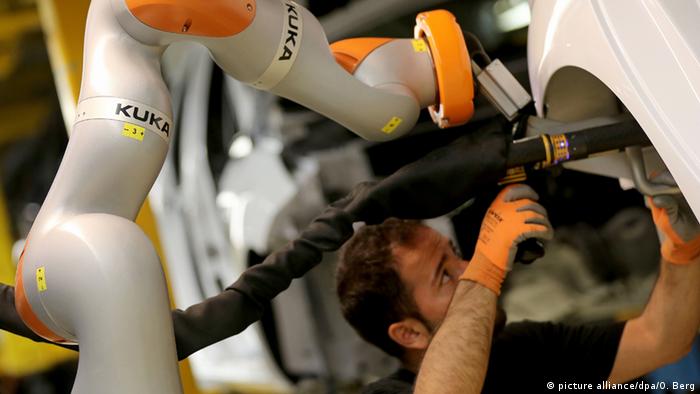





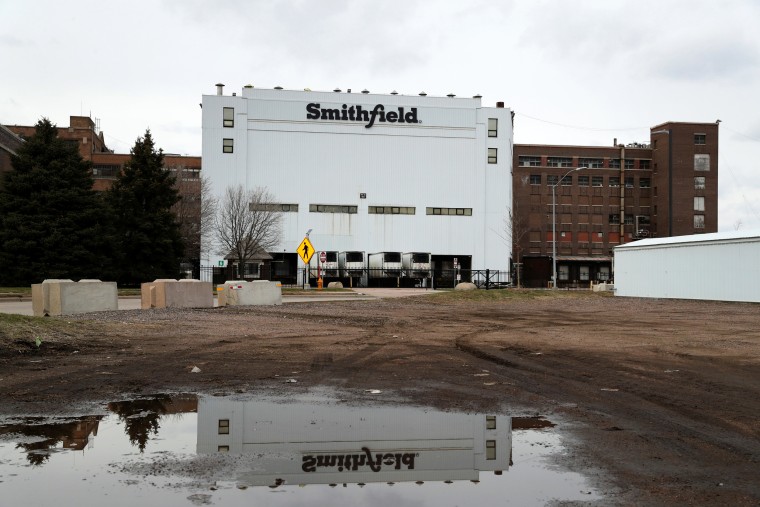 The closed Smithfield Foods pork plant is seen as the spread of the coronavirus disease (COVID-19) continues, in Sioux Falls, S.D., on April 16, 2020.Shannon Stapleton / REUTERS
The closed Smithfield Foods pork plant is seen as the spread of the coronavirus disease (COVID-19) continues, in Sioux Falls, S.D., on April 16, 2020.Shannon Stapleton / REUTERS
